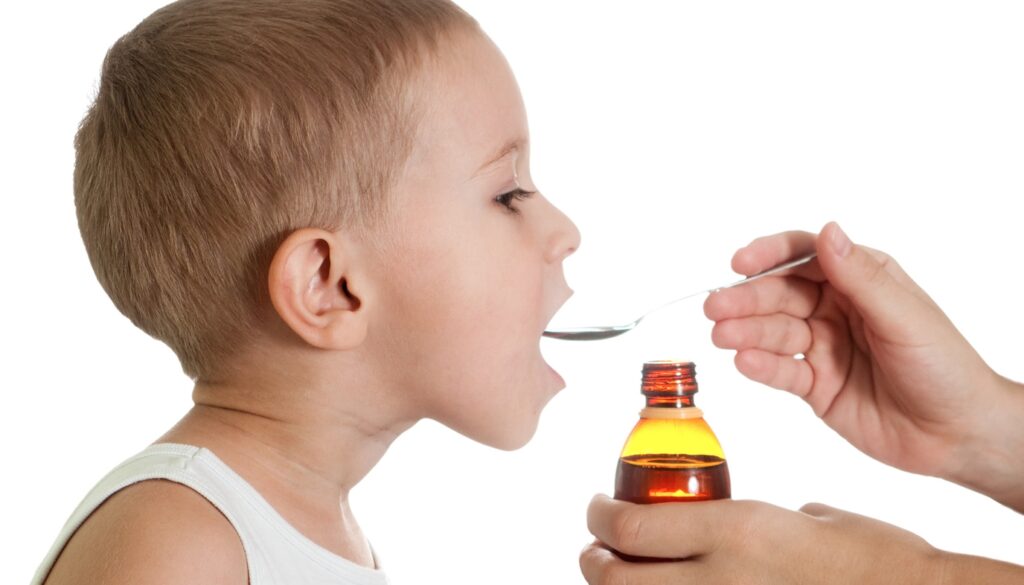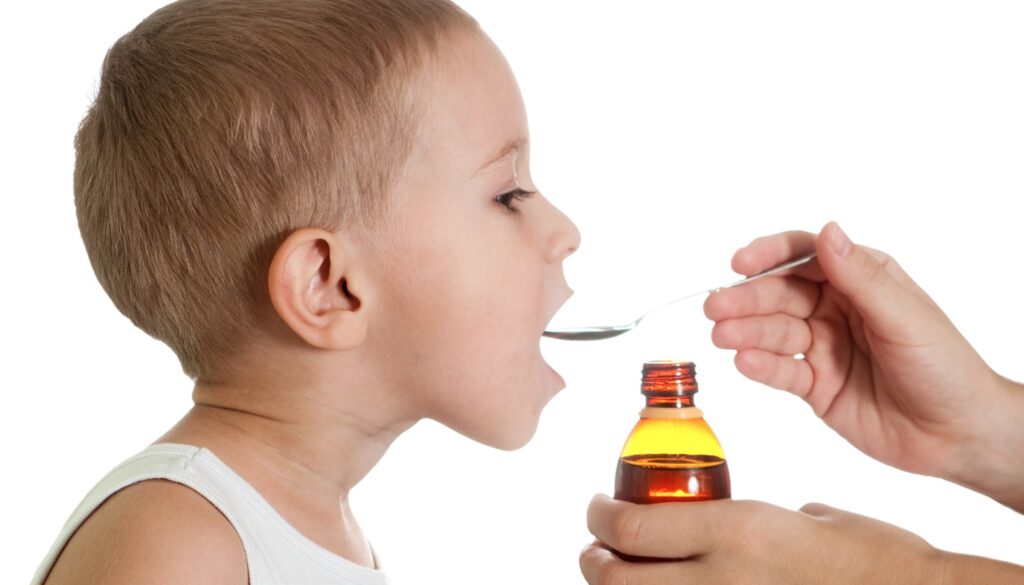Navigating the world of medication dosages can often feel like walking through a maze without a map. Whether you’re a caregiver, a patient, or simply someone keen on understanding the intricacies of medical measurements, the question of “How Many Ml Is A Tablespoon Of Medicine” is more than just a query—it’s a gateway to ensuring safety, efficacy, and peace of mind in healthcare. This article delves into the precise conversion of tablespoons to milliliters, a fundamental aspect of medication administration that underscores the importance of accuracy in medical dosages.
Our exploration is not just a journey through the numbers; it’s an insight into the world of medical expertise, offering a deep dive into why these measurements matter and how they can impact the effectiveness of treatment. With a blend of scientific accuracy and accessible explanations, we aim to equip you with the knowledge to navigate medication dosages with confidence. Whether you’re measuring out cough syrup for a child or ensuring the correct dose of a liquid medicine for an elderly parent, understanding the conversion from tablespoons to milliliters is crucial.
Join us as we unravel the mystery behind these measurements, providing not just the answers you seek but also the reasons why they’re essential for anyone involved in the administration of liquid medications. Our goal is to not only satisfy your curiosity but to instill a deeper understanding and appreciation for the precision required in healthcare. Let’s embark on this informative journey together, ensuring that by the end of this article, you’ll not only know the conversion by heart but also the significance behind every milliliter and tablespoon in medicine.
Conversion Rate
- A tablespoon is a common household measurement that many people use for cooking or nutrition tracking. However, tablespoons should not be used to measure liquid medication.
- For informational purposes only, the conversion between tablespoons and milliliters is:
- 1 tablespoon (tbsp) = 15 milliliters (ml)
- But again, tablespoons should never be used to measure medicine, as doing so can lead to dangerous dosing errors. Measuring devices designed specifically for medicine should always be used instead.
Dangers of Kitchen Spoons
Using uncalibrated kitchen spoons like tablespoons or teaspoons to measure liquid medication is extremely risky for several reasons:
- Inconsistent volumes – Ordinary spoons vary greatly in their actual capacity. The amount of liquid a spoon holds can differ by over 50% between spoons of the same type and size.
- Inaccurate dosages – Due to volume inconsistencies, dosages dispensed via kitchen spoons will be imprecise and prone to error. This imprecision becomes even more pronounced at small doses.
- Danger of overdoses or underdoses – Inaccurate dosing can easily lead to someone receiving too much or too little medication. This is especially critical for potent medications where proper dosing is vital.
- Limitations even for calibrated spoons – While calibrated measuring spoons are better, they still have limitations in accurately measuring very small medication doses.
Rather than risk these dangers, kitchen spoons should never be substituted for proper dosing devices.
Safe Alternatives
To safely and accurately measure liquid medications, always use properly calibrated dosing devices designed for medical use:
- Use the dosing device provided – Many liquid medications come packaged with a dosing cup, oral syringe, or spoon specifically calibrated for that medicine. Always use the provided dosing device.
- Obtain a calibrated dosing tool – If no device is provided, obtain an appropriate measuring tool designed for medicine:
- Oral syringes allow precise measurement down to 0.1 ml increments.
- Graduated medication cups and spoons ensure reliable volumes.
- Markings are clear and measurements regulated for accuracy.
- Consult a healthcare professional – For any questions on how to measure a medicine properly, consult a doctor, pharmacist, or other medical professional. They can recommend the right measuring device and provide precise dosing instructions for a specific medication.
Proper dosing devices ensure accurate, safe administration of liquid medicines. Never resort to kitchen spoons or other unregulated tools for measuring medications.
Legal Disclaimer

The information provided in this article is for general educational purposes only and should not be considered medical advice or an alternative to consultation with a healthcare professional for dosing instructions or measuring devices specific to a medication.
Call to Action
Whenever you or a loved one needs to take a liquid medication:
- Do not use kitchen spoons to measure the dose – tablespoons and teaspoons are dangerously imprecise.
- Only use the calibrated device provided with the medicine or an appropriate measuring tool designed for medicines.
- Consult a doctor or pharmacist if ever uncertain about how to properly measure a medicine. They can advise the right device and exact dosage instructions.
- Be empowered to safely care for yourself and loved ones by always measuring medicines precisely. Proper dosing matters.
Conclusion
When it comes to measuring liquid medication, accuracy and safety are paramount. Using imprecise kitchen spoons can lead to overdosing or underdosing, with potentially life-threatening consequences.
Instead, always use a properly calibrated measuring device designed specifically for dosing medicine. This includes dosing cups, oral syringes, and spoons provided with the medication or purchased separately from a pharmacy. For any questions, consult your pharmacist or doctor for guidance on the right device and instructions for your specific medication.
By using regulated medical dosing tools, checking dosages with a healthcare professional, and never estimating medicine doses based on kitchen spoons, you can feel empowered that your family is receiving safe, effective doses. Precise measuring ensures medications can work as intended, while reducing the dangers of inaccurate estimation. When it comes to measuring liquid medicines, don’t guess – measure smart and stay safe.

